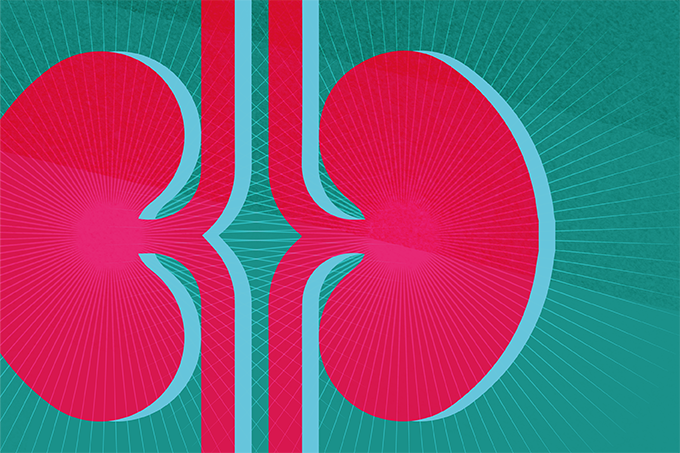
A large-scale study examining microvascular inflammation (MVI) in kidney transplant recipients provides new insights into the diagnosis and management of allograft rejection. The researchers analyzed over 16,000 biopsy samples from nearly 6,800 patients across Europe and North America, highlighting the clinical impact of newly recognized MVI phenotypes.
The research centered on the 2022 Banff Classification of Renal Allograft Pathology, which introduced two diagnostic categories: i) MVI with no donor-specific antibodies (DSA) or C4d deposition, and ii) probable antibody-mediated rejection. These categories reflect refined diagnostic criteria aimed at improving the understanding of kidney allograft rejection mechanisms. Among the 788 identified MVI cases, 503 were DSA- and C4d-negative, while 285 were classified as probable antibody-mediated rejection.
Patients with MVI faced significantly higher risks of graft loss and disease progression than those without rejection. Specifically, DSA- and C4d-negative MVI was associated with a 2.1-fold increased risk of graft failure, while probable antibody-mediated rejection carried a 2.7-fold higher risk. The study also revealed that these phenotypes contribute to the progression of transplant glomerulopathy.
The findings emphasize the importance of precise diagnostics in transplant care. Though antibody-mediated rejection remains a primary focus, the study suggests that some MVI cases may result from alternative mechanisms, such as T-cell or innate immune responses. These insights could inform more targeted immunosuppressive therapies and improve long-term graft survival.
Alexandre Loupy, transplant nephrologist and study coordinator, commented, “This research represents a significant breakthrough in kidney transplant medicine, for optimized patient management. Furthermore, these results pave the way for better understanding rejection mechanisms in other transplant fields, such as heart, liver, lung, composite tissue transplants, and xenotransplantation, where our team has recently identified similar rejection mechanisms involving the microcirculation.”
The researchers note that integrating the updated Banff criteria into clinical practice could enhance the risk stratification of kidney transplant recipients, supporting more personalized treatment approaches.




